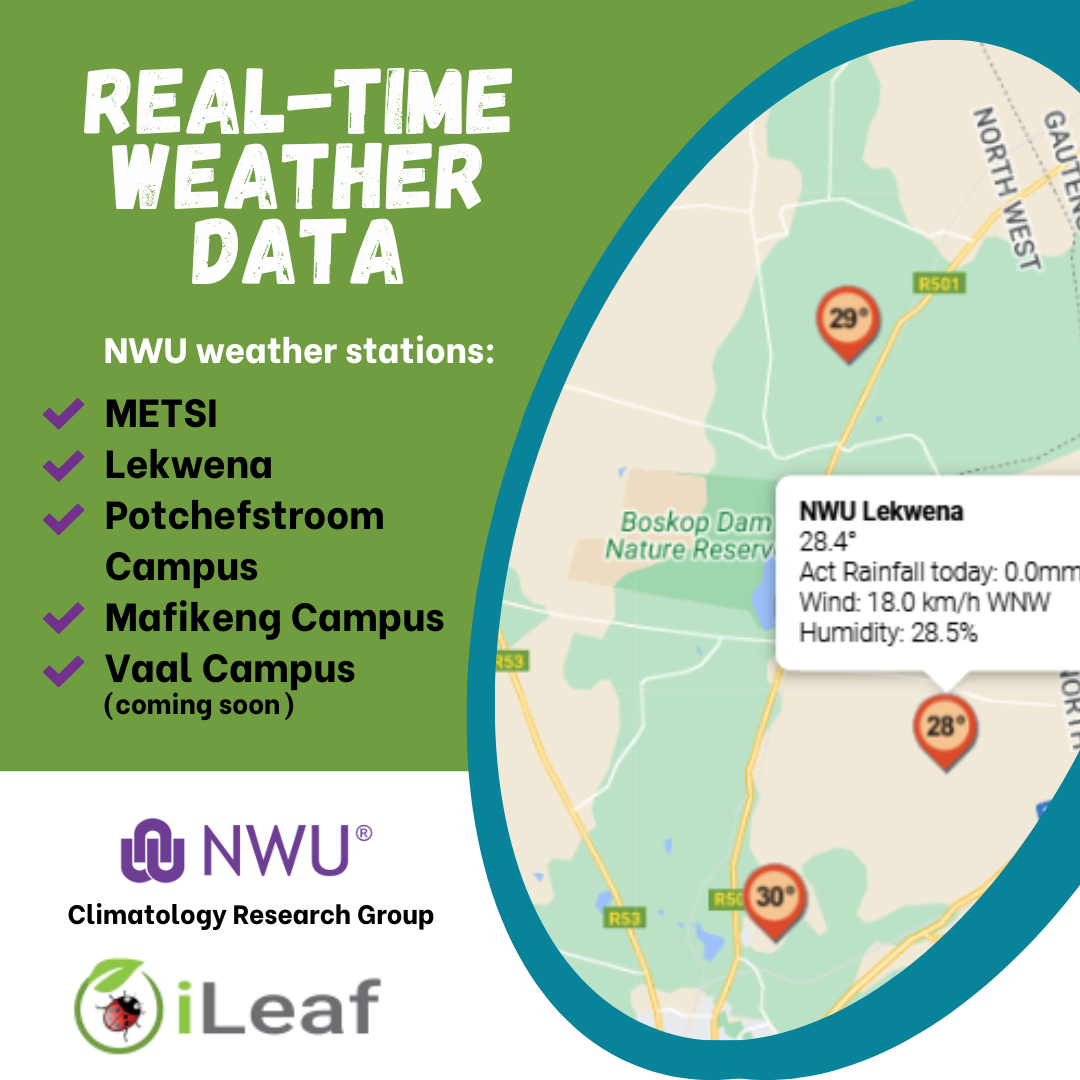
Sub-programme leader: Dr. Niké Wesch (Nike.Wesch@nwu.ac.za)
Overview
The Air Quality and Impacts sub-programme is aimed at providing key information to support the development of sustainable air quality policies and practices in Southern Africa. The influence of activities associated with human and industrial development as well as natural biogeochemical processes typical of the region (e.g. biomass burning) are the main focus points. A multidisciplinary approach is followed including scientists from chemistry and botany. The studies undertaken are directly linked to key priorities of sustainable development, improved quality of life and energy use in South Africa. The sub-program spans all three campuses of the NWU.
The following main themes of research are pursued:
- Air quality and atmospheric chemistry
- Climate change and impacts
- Crop physiology and biochemistry
- Chemical resource beneficiation
- Centre of Excellence in Carbon based Fuels
A Living Weather Laboratory (https://www.lekwenaradar.co.za/)
|
|
The NWU Climatology Research Group (CGR) has set up multiple weather stations at various locations:
These weather stations send data to a cloud in real-time and is updated on an online software platform called iLeaf (https://www.ileaf.co.za/) every 5 minutes.
|
Latest news:
🌦️ Invitation to Apply for Research Positions in Weather Radar Science

Research Collaboration: North-West University (NWU) & South African Weather Service (SAWS)
The NWU–SAWS Weather Radar Research Collaboration invites passionate and motivated candidates to apply for exciting research opportunities in Applied Weather Radar Science.
Join a dynamic team advancing South Africa’s operational radar network through innovative, data-driven research and collaboration.
🎓 Available Opportunities
- Two MSc positions – Applied Weather Radar and Data Processing
- One PhD position – Advanced Weather Radar Applications
- One Postdoctoral Research Fellowship – Applied Weather Radar Science
🗓️ Application Details
Application deadlines:
- MSc & PhD – 30 November 2025
- Postdoctoral Fellowship – 15 December 2025
Appointment date: 1 January 2026
📩 Applications & Enquiries
For all positions, please contact:
Prof. Roelof Burger
📧 Roelof.burger@nwu.ac.za
Apply online:
👉 MSc & PhD: Application form
👉 Postdoctoral Fellowship: Application form
Invitation to Participate in a Pollen Allergy Research Study
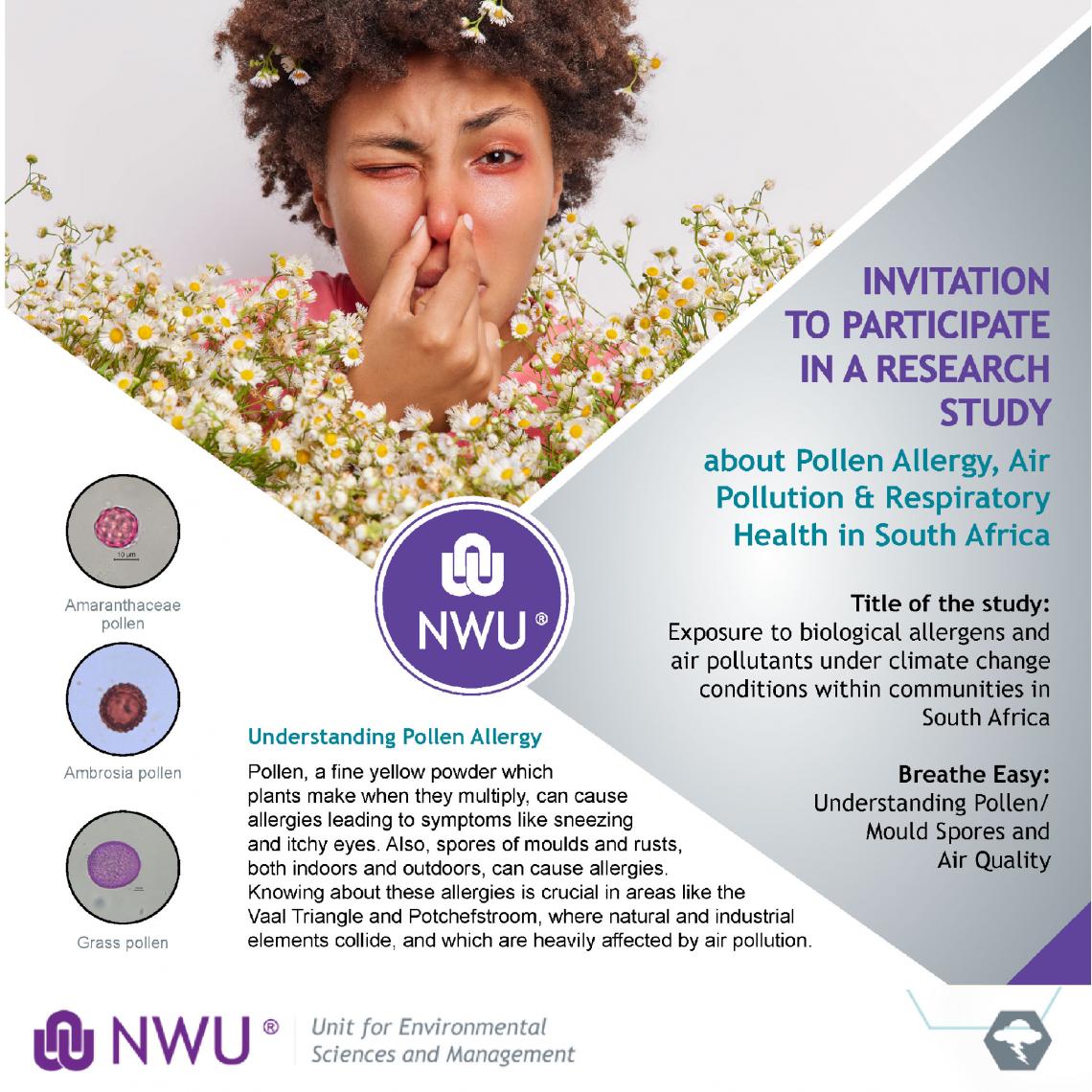
Invitation to Participate in a Pollen Research Study
Research group: Aerobiology
AEROFOG Campaign - Namibia
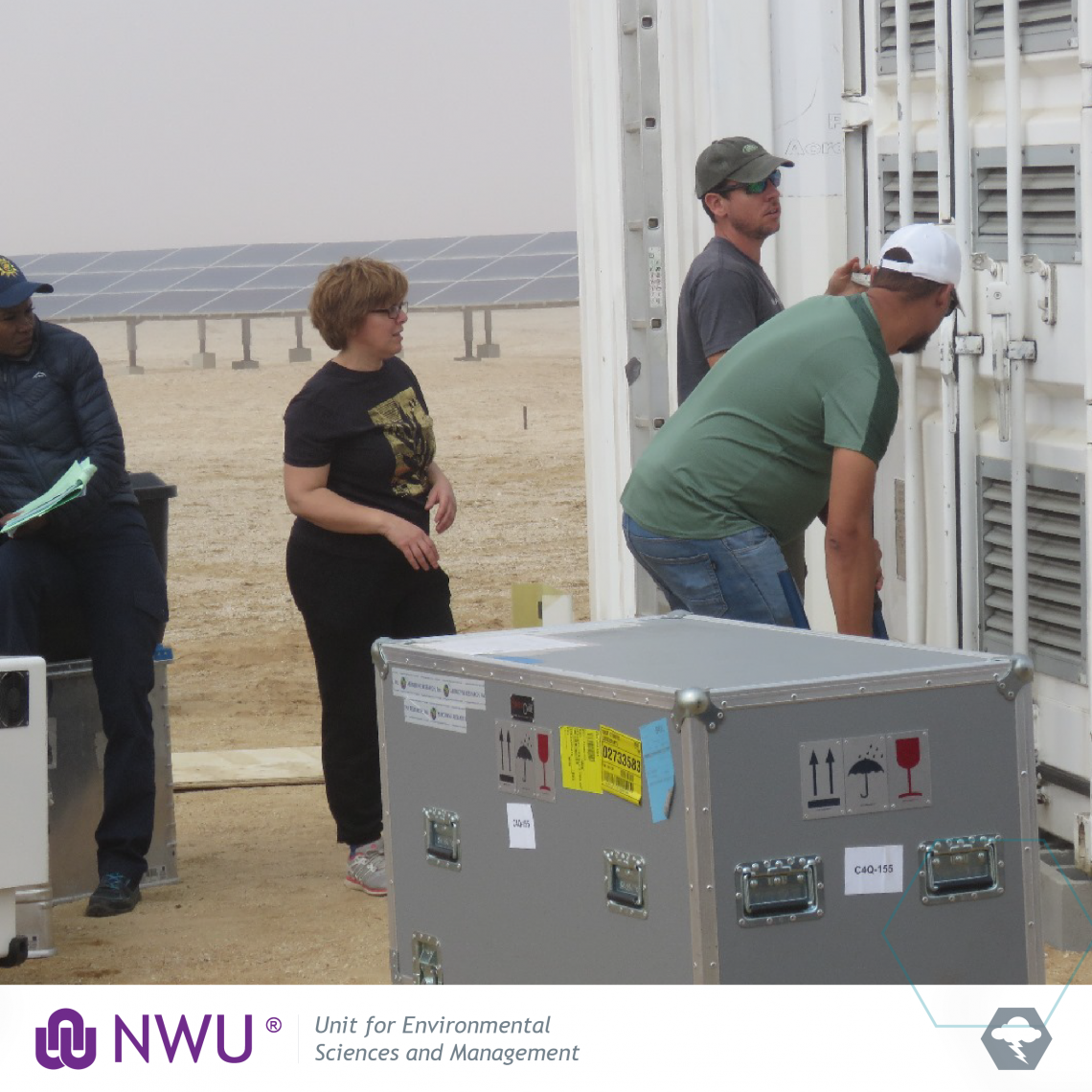
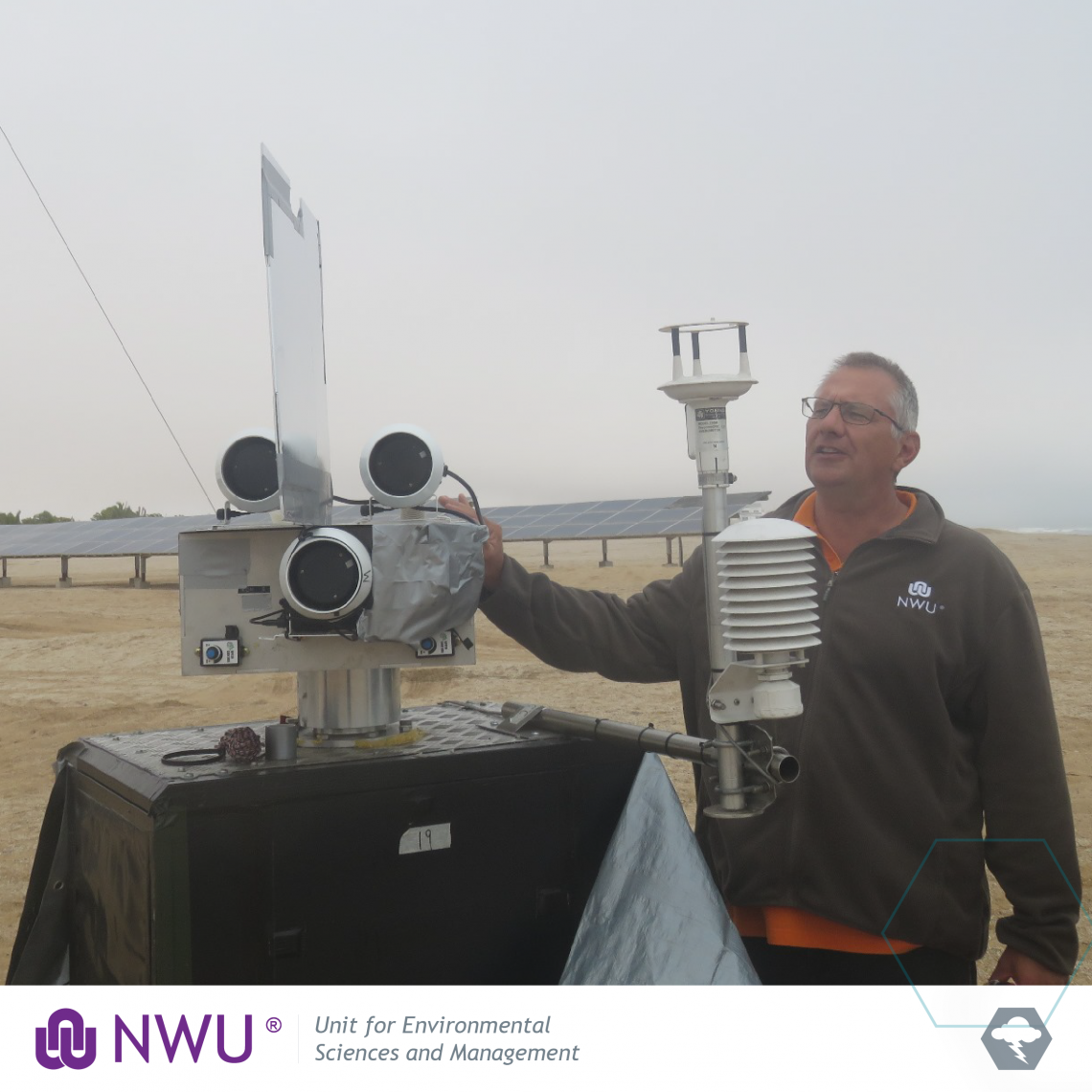
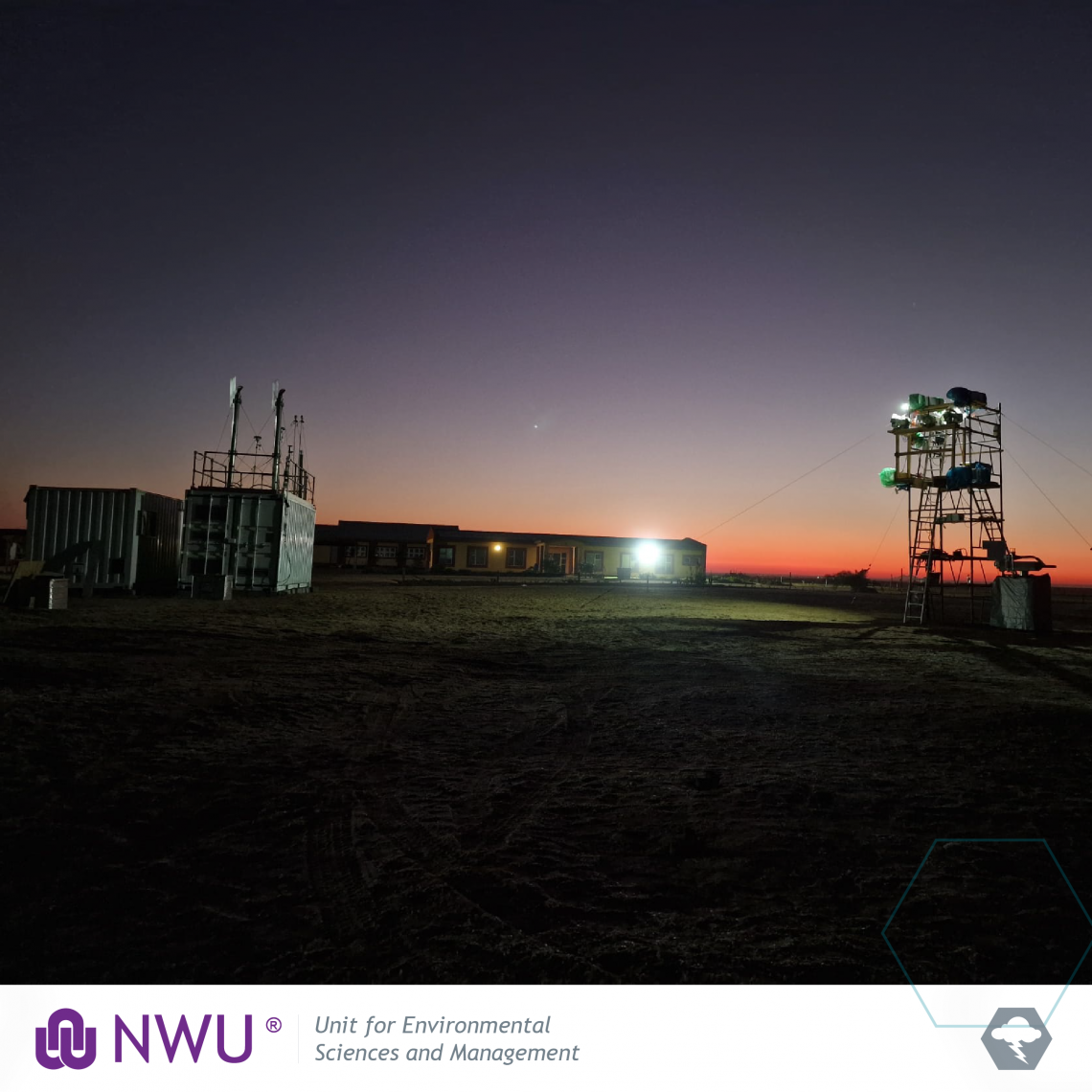
AEROFOG Campaign - Namibia
Research group: Climatology Research Group (CRG)
The UESM's Climatology Reasearch Group (CRG) has recently been involved with the AEROFOG campaign in Henties Bay, Namibia. The campaign involved researching climate-relevant aerosol species and how these aerosols impact radiation balance and the formation of clouds and fog, over the coast of Southern Africa.
The AEROFOG campaign was done in collaboration with LISA (Laboratoire Interuniversitaire des Systèmes Atmosphériques), the French National Centre for Scientific Research (CNRS), Université Paris-Est Créteil (UPEC), Université Paris Cité, OSU-EFLUVE (Enveloppes Fluides de la Ville à l’Exobiologie), ACTRIS-RI, NWU - North-West University, Leibniz Institute for Tropospheric Research, Karlsruher Institut für Technologie (KIT), University Of Namibia - Katima Mulilo Campus and Laboratory of Environmental Chemistry (LCE)/ Aix-Marseille University (AMU).
Social Media: https://www.facebook.com/share/p/qbb3qAGGzkQAR8JR/
See more in ENVIRA Spring Edition 2024
Prof Roelof Burger: CapeTalk - Heat Trapping
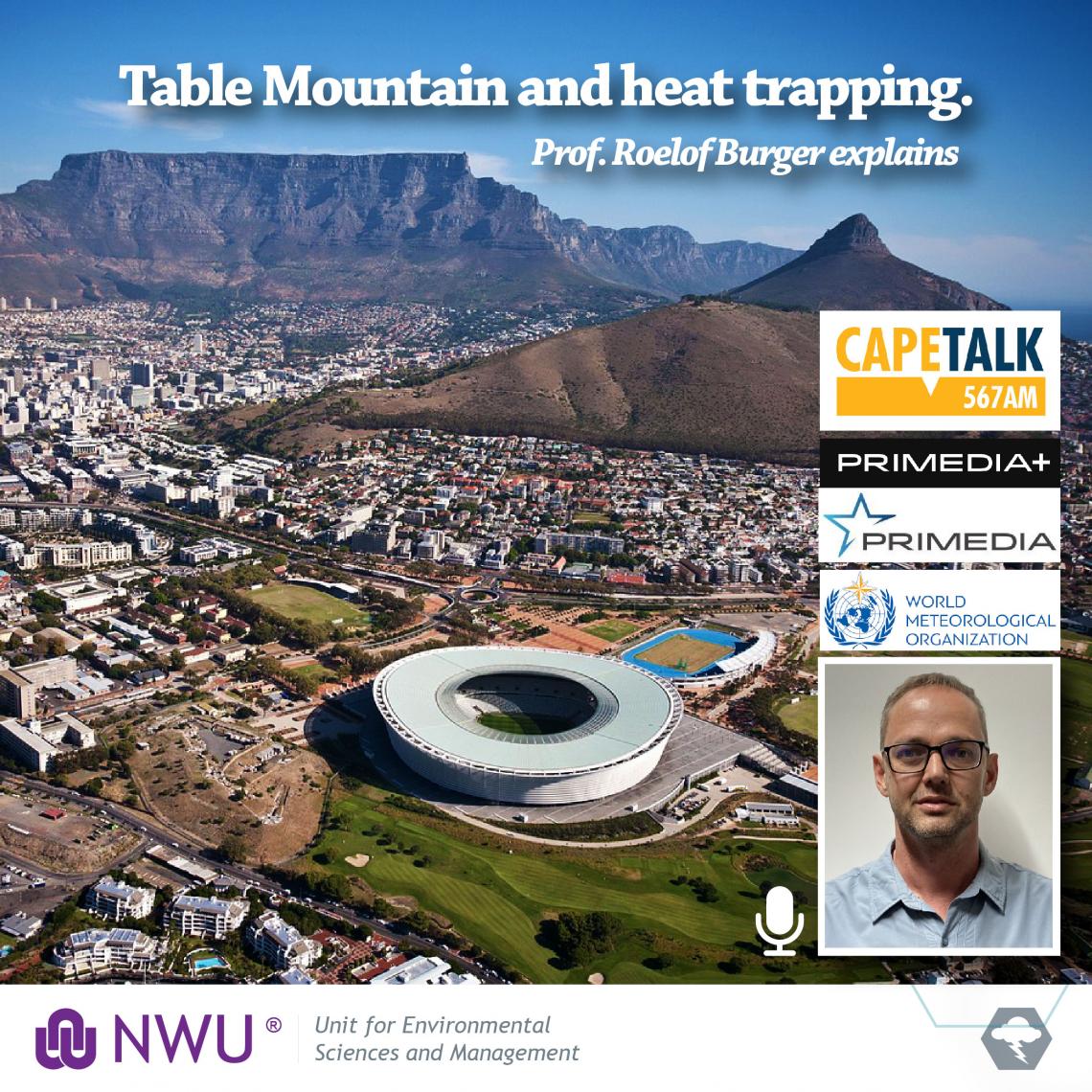
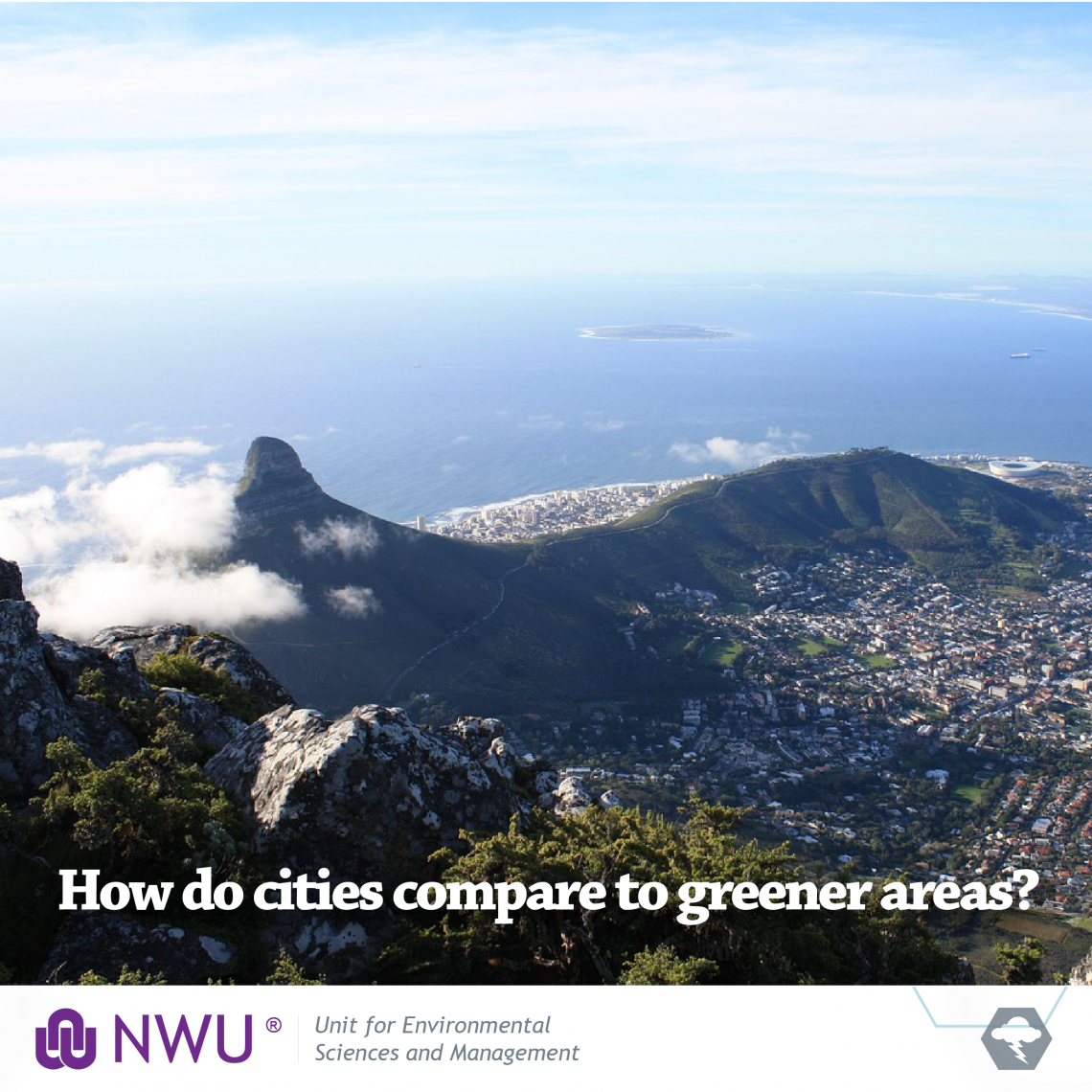
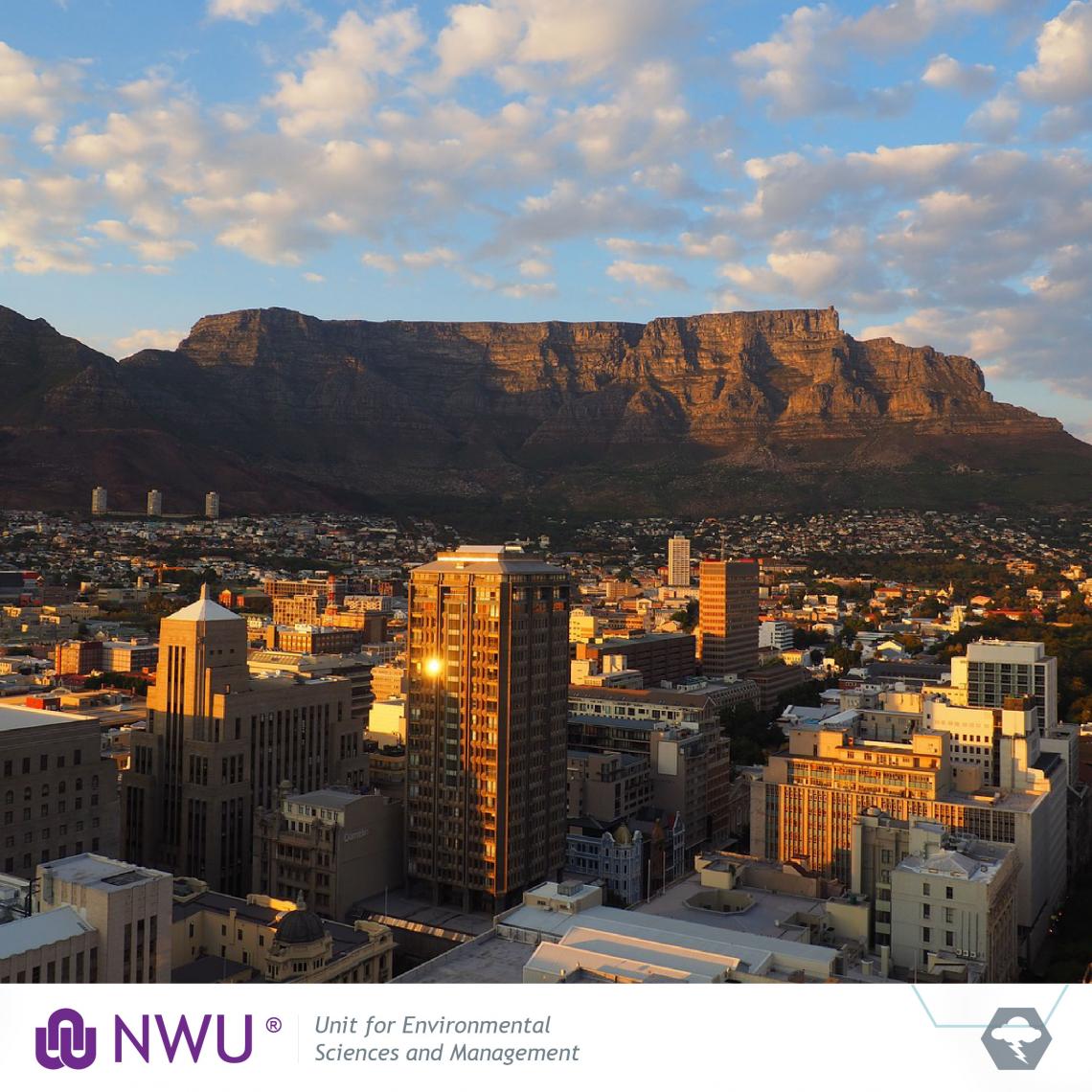
Prof Roelof Burger: CapeTalk - Heat Trapping
Research group: Climatology Research Group (CRG)
Prof. Roelof Burger discusses how global climate change is making cities hotter ![]()
![]()
![]()
Cape Talk host, John Maytham, asks the question: “In Cape Town specifically, does Table Mountain play a big role in the heat trapping effect in parts of the city?”
Follow the link below to hear insights from Prof. Roelof Burger of the Unit for Environmental Sciences and Management, and a member of the World Meteorological Organization's Expert Team on Weather Modification:
LISTEN: https://omny.fm/shows/afternoon-drive-702/how-does-cloud-seeding-work
Prof Roelof Burger: Cloud Seeding and Floods in Dubai, UEA


Prof Roelof Burger: Cloud Seeding and Floods in Dubai, UEA
Sub-programme: Climate Change, Air Quality and Impacts | Crop Production and Soil Management
Research group: Climatology Research Group (CRG)
WATCH: https://www.enca.com/videos/discussion-dubai-weather-cause-dubais-floods
LISTEN: https://omny.fm/shows/afternoon-drive-702/how-does-cloud-seeding-work
UESM celebrates International Day of Women and Girls in Science
.jpeg)
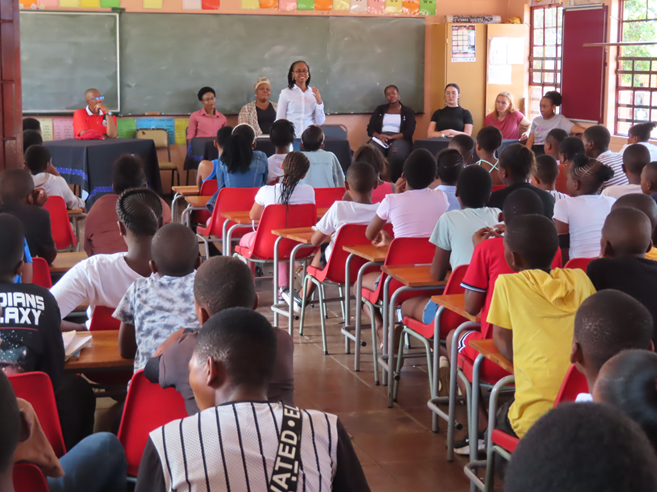
UESM celebrates International Day of Women and Girls in Science
Sub-programme: Climate Change, Air Quality and Impacts | Crop Production and Soil Management - Agriculture
Research group: Climatology Research Group (CRG)
UESM members Prof. Nomali Z. Ngobese and Dr Nomfundo Sibiya (School of Geo and Spatial Sciences), and MSc students (Daniella de Jager, Aneska Richter, Oarabile Masekwameng and Sonja de Beer (Climatology, Air Quality, and Impacts sub-programme) celebrated International Day of Women and Girls in Science with Lesego Primary School in Ikageng on 9 February 2024.
These ladies set off to empower and inspire learners by presenting lectures and conducting experiments in various fields of science (agricultures, climatology, chemistry and more). Our hope is that this event truly sparked and cultivated a passion for science amongst grade these 6 and 7 learners.
More on International Day of Women and Girls in Science in ENVIRA Autumn Edition 2024.
The following undergraduate programs link to this research:
BSc:
BA:
The following postgraduate programmes are associated with this research:
BSc Honours:
MSc:
MEnv:
PhD:
Mission statement
For enquiries, contact:

